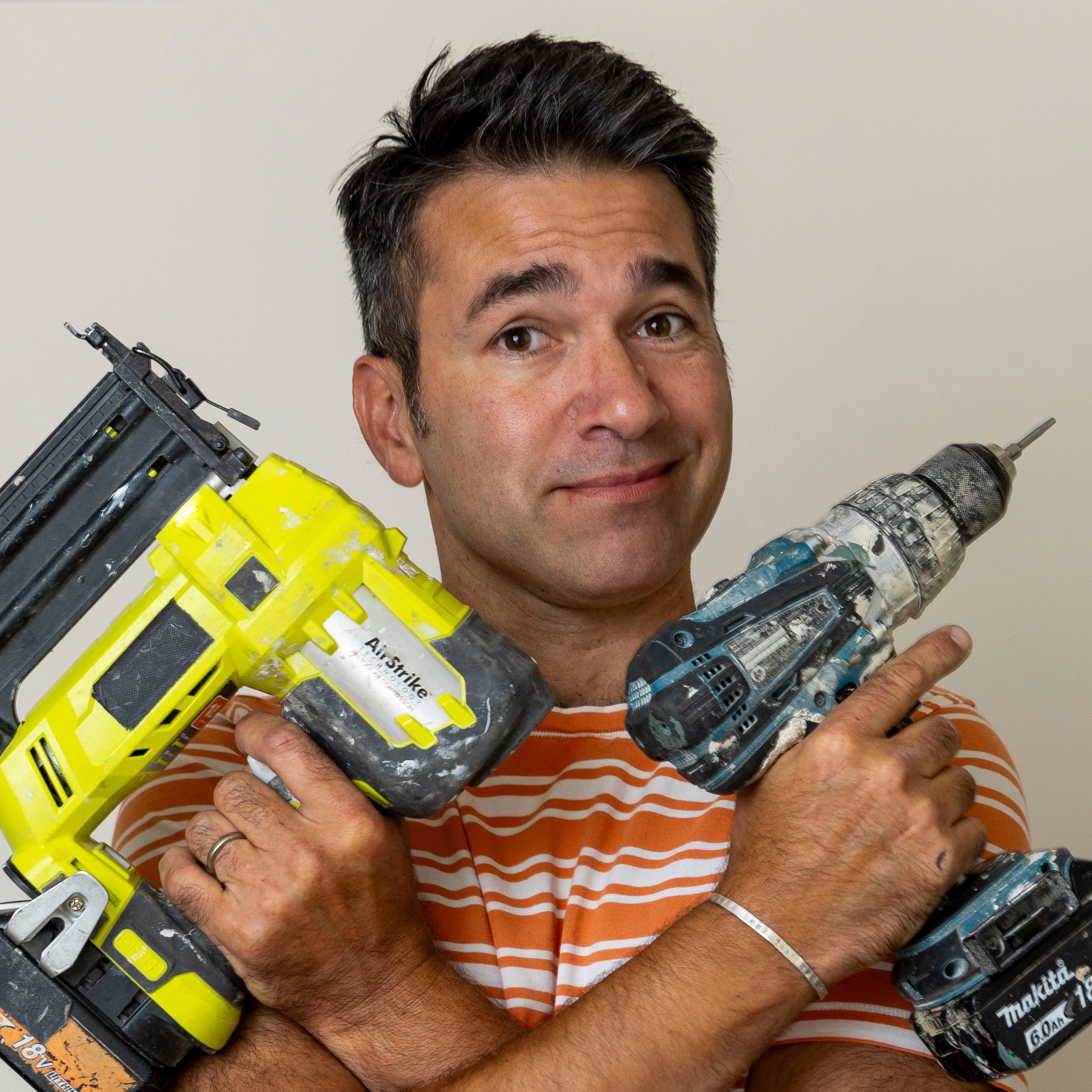The Impact of My Oura Ring on Health Anxiety and Lifestyle Choices
As a long-time wellness advocate, my fascination with health metrics and data led me to adopt my new Oura ring at the start of the year. The ring symbolizes an aspiration for a data-driven, health-conscious lifestyle. However, this journey has resulted in a rather complicated relationship filled with guilt and biometric alerts.
Like many others, I was enticed by the allure of wearable technology. With endorsements from celebrities such as Cristiano Ronaldo and Gwyneth Paltrow, the Oura ring, starting at £199 (with the latest fourth-generation model priced from £349) and a monthly subscription fee of £5.99, tracks vital health metrics, including heart rate, body temperature, and menstrual cycles. It provides users with scores regarding readiness and physical activity, backed by positive reviews highlighting its insights into sleep patterns, stress levels, and hormonal changes—along with its ability to assess cardiovascular age. But I quickly discovered that such technology can come with unexpected challenges.
Initially, I felt empowered by monitoring my sleep scores daily as if they were a report card from a fitness coach. The ring indicated that I was naturally inclined to stay up late, suggesting an optimal bedtime shortly after midnight. Although I previously paid little attention to my sleep habits, I found myself increasingly obsessed with metrics, pondering my nightly REM cycles and recovery periods, often interpreting the data’s nuances in varying tones—sometimes reassuring, other times eerily foreboding.

After returning to work post-holidays, my excitement faded. Following a weekend of socializing—complete with wine, dancing, and dessert—I would brace myself for the morning feedback. The app’s notifications would shine a spotlight on perceived failures, revealing subpar sleep scores and leaving me feeling like a cautionary tale instead of a woman simply experiencing post-fun recovery.
I began to expect the app’s verdict even before launching it. A late dinner would signal a bad REM score, while a hectic workday meant I was in for disappointment.
What I hadn’t predicted was how this behavior morphed into a form of health anxiety—a constant undercurrent of worry over potential health issues. Every statistic turned into a red flag. An increased heart rate? Stress levels may be an issue. A drop in body temperature? Could I be falling ill? Instead of providing peace of mind, the data resulted in a cycle of overthinking, leaving me feeling unfit despite being more aware of my health. My hangover-related anxiety grew, leading to a conscious decision to drastically cut back on alcohol. Checking the app became an obsession, not due to genuine concern over my physical state, but driven by the fear of unknown health problems.
As I altered my lifestyle—not in the name of health but to avoid a poor score—I began questioning who was in control: me or this digital device? I’m not an elite athlete; I simply want to enjoy life and maintain a balanced sense of well-being without being judged by a device for my dinner plans. Losing the charger on a recent trip elicited an unexpected mix of relief and sorrow.
I am not alone in my experience. Although none of my close friends utilize the Oura ring, I’ve encountered users on platforms like TikTok and Reddit expressing similar grievances—many opting to leave their rings behind during outings or removing them altogether.
The dilemma of health tracking is evident: increased monitoring often diminishes our self-trust. You can’t dispute a score that claims you rested well, yet fatigue may linger regardless. Reflecting on my childhood, I recalled a health test that suggested I had the vitality of a newborn, leaving me blissfully unconcerned. In contrast, today’s constant data monitoring incites a lingering question: does this heightened awareness of our internal states genuinely enhance well-being, or simply foster anxiety about the actions we should take?
Yet, here I remain, wearing the ring. I fear the notion of surrendering it may feel like admitting defeat to an ever-watchful authority figure. Perhaps I need to shift my perspective. The ring may have merit in nudging me towards healthier habits like earlier bedtimes or morning walks.
But if I could converse with it, my inquiry would center around the occasional indulgence of good wine with friends or spontaneous late-night dancing that brings joy to my heart. Is there truly anything wrong with these moments?
Perhaps the hesitance to abandon this self-monitoring stems from the shame of perceived failure or the hope that tomorrow’s score will reveal signs of thriving. For now, my relationship with the ring continues—a push-and-pull dynamic where I strive for improvement while my ring sits silently, illuminating my untapped potential.
Someday, I might break free from its monitoring grasp. But not before I check tomorrow’s sleep score—just one last time.




Post Comment